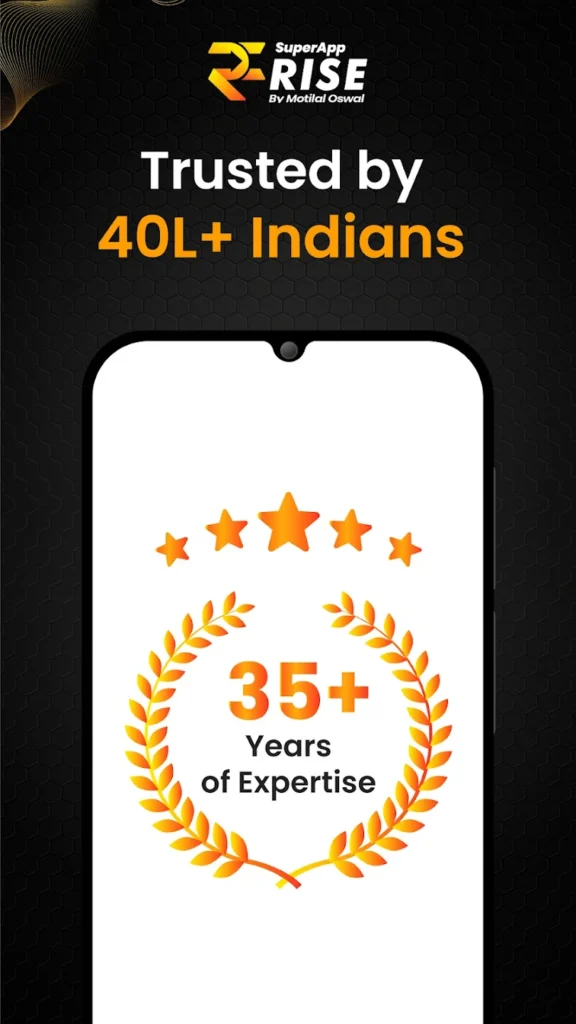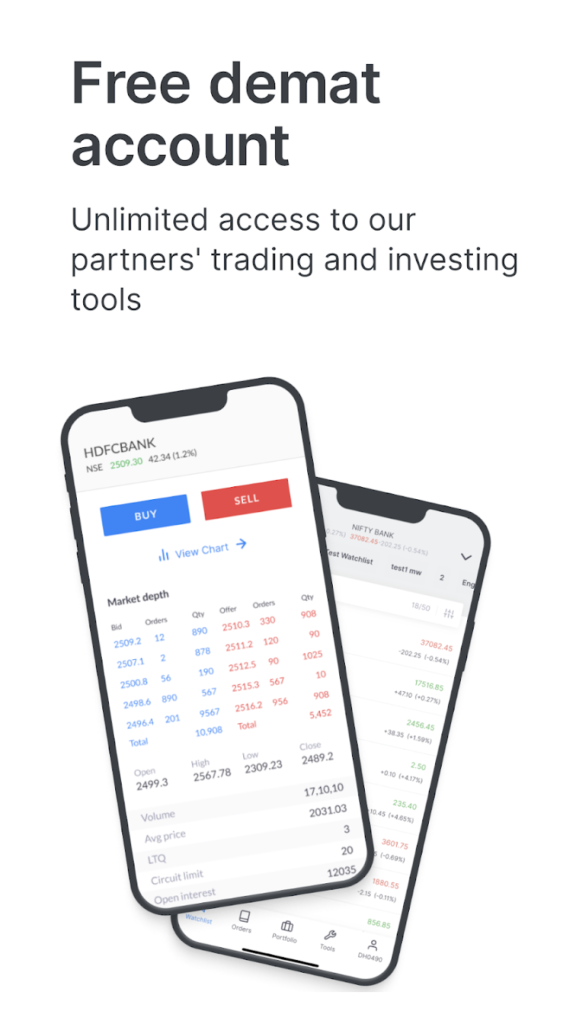Introduction to Inventory Management Apps for Small Businesses
Efficient inventory management is critical for the success of any small business. Whether you run a retail store, an e-commerce platform, or a service-based company that handles physical products, managing stock levels, tracking orders, and forecasting demand can significantly impact your bottom line. In today’s fast-paced business environment, inventory management apps have emerged as indispensable tools to streamline these processes.
At bti.to, we understand how crucial it is for entrepreneurs and decision-makers to select the right software that fits their unique needs. This guide reviews some of the best inventory management apps designed specifically for small businesses, evaluating their features, pricing, and overall value.
Top Inventory Management Apps Reviewed
1. TradeGecko (Now QuickBooks Commerce)
TradeGecko, recently integrated into QuickBooks Commerce, offers a powerful cloud-based platform designed for small and medium-sized businesses. Its user-friendly interface and deep integration with accounting systems make it a preferred choice for many.
- Features: Multi-channel sales tracking, order management, real-time inventory updates, and automated workflows.
- Pros: Seamless integration with QuickBooks accounting, excellent mobile app, strong reporting tools.
- Cons: Can be expensive for very small businesses; learning curve for advanced features.
Pricing: Plans start at around $39/month, with higher tiers unlocking advanced integrations and customization.
2. Zoho Inventory
Zoho Inventory is a versatile, cloud-based solution tailored for small businesses seeking affordable, scalable inventory control.
- Features: Multi-channel order fulfillment, warehouse management, barcode scanning, and detailed analytics.
- Pros: Integrates well with Zoho CRM and other Zoho products, cost-effective, easy to set up.
- Cons: Limited automation in lower-tier plans, support can be slow during peak times.
Pricing: Free tier available with limited orders; paid plans start at $39/month.
3. Cin7
Cin7 stands out as a comprehensive inventory and point-of-sale solution, designed to connect your inventory across multiple sales channels, warehouses, and suppliers.
- Features: Built-in POS, EDI integrations, third-party logistics support, real-time syncing.
- Pros: Robust integrations with popular e-commerce platforms, ideal for businesses with complex supply chains.
- Cons: Pricing can be high for very small businesses; requires setup assistance.
Pricing: Starts at $299/month, with custom quotes for enterprise needs.
4. inFlow Inventory
inFlow Inventory offers a strong desktop and cloud-based solution with a focus on simplicity and fast onboarding for small businesses.
- Features: Barcode scanning, invoicing, order tracking, inventory reporting, and multi-location management.
- Pros: Intuitive interface, great customer support, affordable plans with rich features.
- Cons: Desktop version lacks some cloud features; mobile app has limited functionality.
Pricing: Cloud plans start at $89/month; desktop version available with a one-time fee.
5. Sortly
Sortly is designed for small businesses and individuals who want an easy-to-use inventory tracker with visual organization.
- Features: Visual inventory tracking with photos, QR code scanning, customizable tags, and location tracking.
- Pros: Simple, visual interface; good for non-technical users; mobile-friendly.
- Cons: Lacks advanced features for complex inventory needs; reporting is basic.
Pricing: Free tier available; paid plans start at $39/month.
Choosing the Right Inventory Management App: Key Considerations
Selecting the ideal inventory management app depends heavily on your business size, industry, and specific workflow needs. Here are some factors to consider:
- Scalability: Will the app grow with your business? Avoid switching systems frequently by choosing scalable solutions.
- Integration: Look for apps that connect seamlessly with your existing accounting, e-commerce, and sales platforms.
- Ease of Use: A user-friendly interface minimizes training time and adoption resistance among staff.
- Automation: Features like automatic stock updates, reorder alerts, and bulk order processing save time.
- Mobile Access: For businesses on the go, mobile apps with barcode scanning and real-time updates are invaluable.
- Pricing: Consider both upfront and recurring costs, including fees for additional users or features.
- Support & Security: Reliable customer support and strong data security protocols protect your business operations.
Benefits of Inventory Management Apps for Small Business
Small businesses leveraging inventory management apps experience tangible benefits that drive profitability and operational efficiency:
- Improved Accuracy: Reduce human errors in stock counts and order fulfillment.
- Time Savings: Automate manual inventory tasks, freeing staff to focus on growth initiatives.
- Better Cash Flow: Avoid overstocking and stockouts, optimizing working capital.
- Enhanced Customer Experience: Accurate inventory levels ensure timely delivery and order fulfillment.
- Data-Driven Decisions: Access to detailed reports helps forecast demand and identify best-selling products.
Real User Testimonials
“Using Zoho Inventory has transformed our order processing. The integration with our Shopify store means inventory is updated instantly. It’s a game-changer for our small team.” – Sarah M., Boutique Owner
“inFlow Inventory’s simplicity helped us get started immediately without a steep learning curve. Their customer service has been responsive and helpful every time.” – David R., Electronics Reseller
ROI and Cost-Benefit Analysis
Investing in an inventory management app often delivers rapid returns by reducing losses, improving turnover rates, and minimizing labor costs. While pricing varies, even affordable plans can save thousands annually by streamlining inventory tasks and preventing costly errors. For example, businesses using automated reorder alerts typically reduce stockouts by up to 30%, directly impacting revenue and customer satisfaction.
Before committing, it’s wise to calculate the expected savings in labor, inventory holding costs, and lost sales against subscription fees to ensure a positive ROI.
Conclusion
Inventory management apps are essential for small businesses aiming to improve operational efficiency and boost profitability. With diverse options available—from feature-rich platforms like TradeGecko (QuickBooks Commerce) and Cin7 to simpler tools like Sortly—there’s a solution to fit nearly every need and budget.
Visit bti.to for more expert reviews and business insights that help entrepreneurs make informed decisions on technology investments. Choosing the right inventory app will streamline your operations, reduce costs, and position your business for scalable growth in today’s competitive market.


